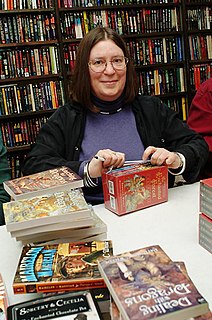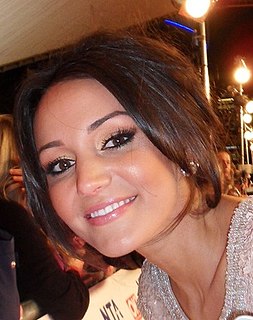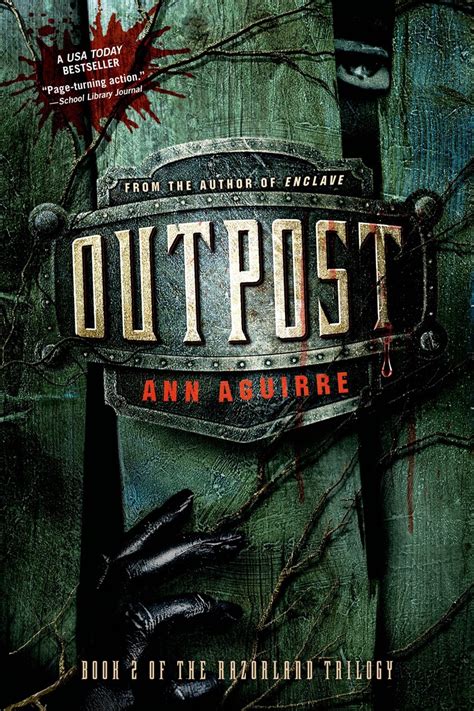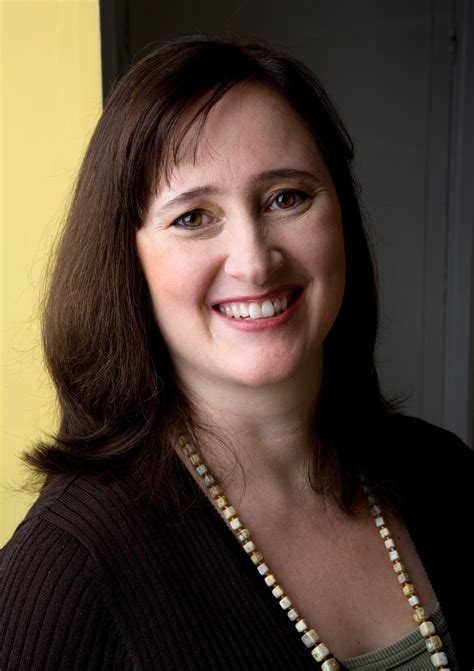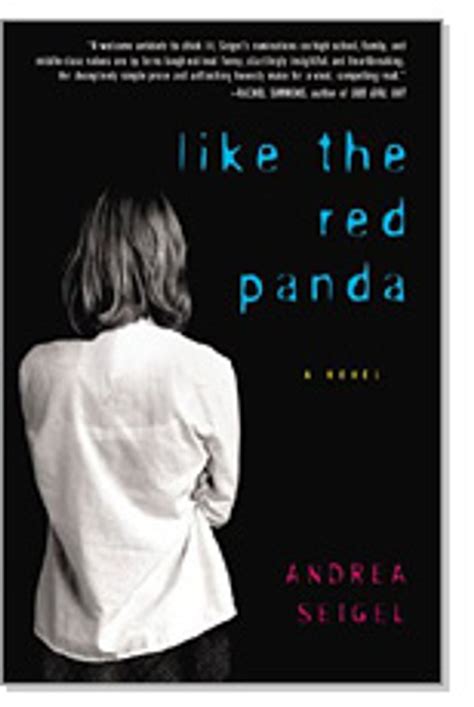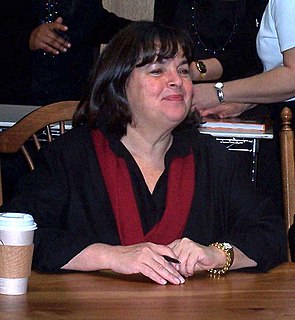A Quote by Patricia C. Wrede
You're always in the kitchen," Alianora said when she poked her head through the door a moment later. "Or the library. Don't you ever do anything but cook and read?
Related Quotes
It wasnt until I was a sophomore in high school that I asked Mama if I could come into the kitchen and have her teach me how to cook something. Well, I wasnt in there five minutes before she said, OK, honey, you have to go now. I made her so nervous she was about ready to throw up. So I really didnt have an interest in being in the kitchen until after I was married, when I was 18. It didnt take me long to realize that Mama was not going to show up at my house every day and cook.
A light was on in the kitchen. His mother sat at the kitchen table, as still as a statue. Her hands were clasped together, and she stared fixatedly at a small stain on the tablecloth. Gregor remembered seeing her that way so many nights after his dad had disappeared. He didn't know what to say. He didn't want to scare her or shock her or ever give her any more pain. So, he stepped into the light of the kitchen and said the one thing he knew she wanted to hear most in the world. "Hey, Mom. We're home.
I found it curious that people kept animals for companionship and not food. When I'd asked Mama Oaks when she planned to cook the fat creature that slept in a basket in the kitchen, her eyes almost popped out of her head. Since then, she'd kept her pet away from me, like she suspected I meant to turn it into stew. Clearly, I had a lot to learn.
Day and night she had drudged and struggled and thrown her soul into her work, and there was not much of her left over for anything else. Being human, she suffered from this lack and did what she could to make up for it. If she passed the evening bent over a table in the library and later declared that she had spent that time playing cards, it was as though she had managed to do both those things. Through the lies, she lived vicariously. The lies doubled the little of her existence that was left over from work and augmented the little rag end of her personal life.
Alex took a silent step closer to the kitchen door and watched unseen as willow spooned instant coffee into a pair of mugs.With another yawn, she scraped her hair off her face and stretched. She looked so entirely human, so drowsy and sleep-rumpled.For a moment, Alex just gazed at her, taking in her long tumble of hair, her wide green eyes and pixieish chin. Fleetingly, he imagined her eyes meeting his, wondering what she'd look like if she smiled
My grandmother stepped back into the kitchen to get their drinks. I had come to love her more after death than I ever had on Earth. I wish I could say that in that moment in the kitchen she decided to quit drinking, but I now saw that drinking was a part of what made her who she was. If the worst of what she left on Earth was a legacy of inebriated support, it was a good legacy in my book. ~Susie's grandmother, Lynn pgs 315-316
As he was about to leave, she said, "Murtagh." He paused and turned to regard her. She hesitated for a moment, then mustered her courage and said, "Why?" She though he understood her meaning: Why her? Why save her, and now why try to rescue her? She had guessed at the answer, but she wanted to hear him say it. He stared at her for the longest while, and then, in a low, hard voice, he said, "You know why.
I said, "I'll take the T-bone steak." A soft voice mooed, "Oh wow." And I looked up and realized The waitress was a cow. I cried, "Mistake--forget the the steak. I'll take the chicken then." I heard a cluck--'twas just my luck The busboy was a hen. I said, "Okay no, fowl today. I'll have the seafood dish." Then I saw through the kitchen door The cook--he was a fish. I screamed, "Is there anyone workin' here Who's an onion or a beet? No? Your're sure? Okay then friends, A salad's what I'll eat." They looked at me. "Oh,no," they said, "The owner is a cabbage head.
When he nodded, the physician disappeared into thin air, and then a moment later, Payne felt a warm palm encompass hers. It was Vishous's un-gloved hand against her own and the connection between them eased her in ways she couldn't name. Verily, she had lost her mother . . . but if she lived through this, she still had family. On this side.
And he absolutely had to find her at once to tell her that he adored her, but the large audience before him separated him from the door, and the notes reaching him through a succession of hands said that she was not available; that she was inaugurating a fire; that she had married an american businessman; that she had become a character in a novel; that she was dead.
She reached up and lay her hand on my cheek. "You have the sweetest face," she said, looking at me dreamily. "It's like the perfect kitchen." I fought not to smile. This was the delirium. She'd fade in and out of it before the profound exhaustion dragged her down into unconsciousness. If you see someone spouting nonsense to themselves in an alleyway in Tarbean, odds are they're not actually crazy, just a sweet-eater deranged by too much denner. "A kitchen?" "Yes," she said. "Everything matches and the sugar bowl is right where it should be.
